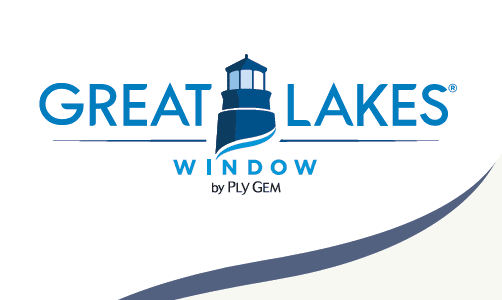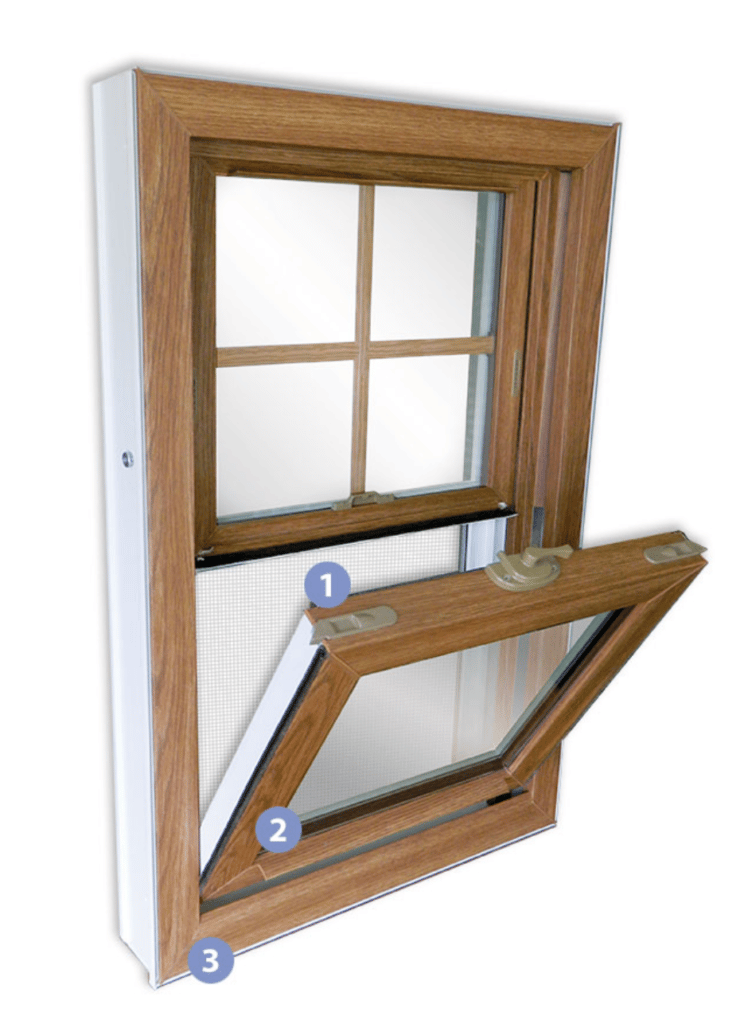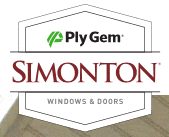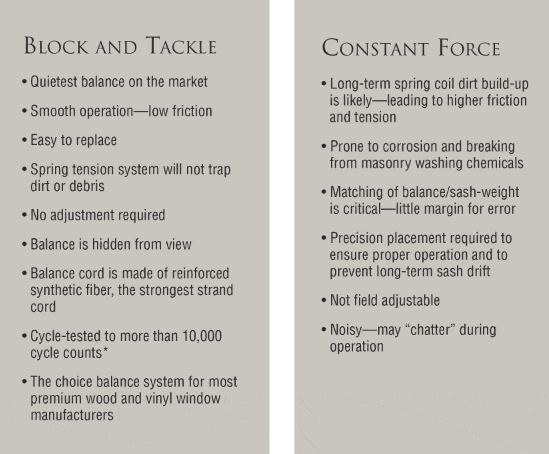If you’re considering buying Great Lakes windows you’ll want to read this post. Here we’re outlining the reasons that everyone should avoid Great Lakes windows.
To be fair you’ll find that a window salesman will always tell you why you shouldn’t buy this brand or that brand so you’ll want to take this with a bit of a grain of salt. We’re playing devil’s advocate here a little bit, but these are the reasons a competing salesman will tell you to avoid Great Lakes windows.
Remember, if you think I’m wrong about something post a comment below.
First, limited distribution can mean pushy salespeople
I mentioned this in some of the Great Lakes windows reviews and it bears repeating. Commission based in-home window salespeople can be a challenging bunch to deal with. As the owner of a window company I know this first hand.
Great Lakes windows uses a limited dealer network to reduce competition in each market. That means there is probably only one or two companies offering these windows in your area. In my opinion this leads to long, very fancy sounding, sales pitches and higher than average prices.
The individual may seem like a great guy, it’s his job to seem that way, but this business model is designed to encourage higher profits for the dealers and that means higher prices for you.
The Great Lakes windows block more light
The popular Eco Smart and Comfort Smart windows come with a sales pitch that is very focused on efficiency. In any window the vinyl frames and sashes are more efficient than the glass. If you made a window that was all vinyl with no glass it would be very efficient, but you wouldn’t be able to see out of it. That’s not ideal.
So, in trying to make very efficient windows Great Lakes uses thicker frames than you’ll find from some other manufacturers. That means in the same size opening these windows will allow for less glass area. That means less light is entering the house. Some customers don’t care much about that, but to me it’s a big deal. If that’s a big deal to you I would suggest you might not be thrilled with these windows.
Great Lakes widows are more likely to form condensation
I believe this is true because of the interior coating of low-e that they use on the windows. They call this the Interior Shield and it’s a coating of a hard coat low-e on the inside of the house.
Now, Great Lakes doesn’t publish condensation resistance ratings (also called CR Ratings) on their website with leads me to believe the ratings don’t tell a great story.
Imagine if it’s very cold outside and nice and toasty inside (or vice versa). The least efficient part of any window will be the corner of the glass. If the temperature of the glass falls below the dew point in the air you’ll see condemnation start to form.
This is mostly based on environmental factors and isn’t really caused by the windows themselves, but if the glass is warmer it is less likely to fall below the dew point of the air and then less likely to form condensation.
To be fair I don’t have the CR Rating of the Great Lakes windows options handy since it’s not on their site. If you do have that info send it on over and we’ll update this post with that info. This info is based on the ratings of other manufacturers that also offer an interior low-e.
The advertised efficiency ratings might not be what you actually get
I am sure that if you get a quote for EcoSmart or Comfort Smart windows you’re going to hear a lot about efficiency. They advertise options with a 0.14 U-Factor in the brochures and that rating is very good.
It’s important to note that the packages that achieve that rating are likely not the most popular packages that are actually sold. The reason is that they’re expensive.
As you get towards the upper end of the efficiency scale each dollar that the price goes up will lead to less of a return in increased efficiency. It’s neat to advertise super duper efficiency ratings. In real life these aren’t the packages that I would assume most people actually order.
If you’re in love with the idea of a very efficient window you’ll want to get the ratings in writing on your contract. You’ll want to compare them with the actual NFRC stickers on the actual windows.
What’s the bottom line?
Great Lakes make fine windows. Like anything they do have downsides and the commission based salesmen probably don’t tell you much about them.
These windows will use thicker frames than some other options, they’ll often be sold by some pushy folks, and the windows you end up actually picking might not be the super efficient variety after all.
My company has never been interested in offering these windows because I just don’t think they represent a great value. It’s always possible that one of their dealers is really doing a great job and this could be a fine solution. Just be sure you’re ok with the thicker frames and potentially darker glass. If you’re considering going this route you may want to get another quote or two to compare before committing.
Other posts about Great Lakes windows that you might find helpful:
- Great Lakes windows complaints
- Great Lakes windows prices
- Why you should NEVER buy Great Lakes windows
- Great Lakes windows FAQ
- Great Lakes window warranty review
How can you find a great window company?
That part is easy. Check this section for recommendations of window companies all over the country. There’s no better way to get new windows.






